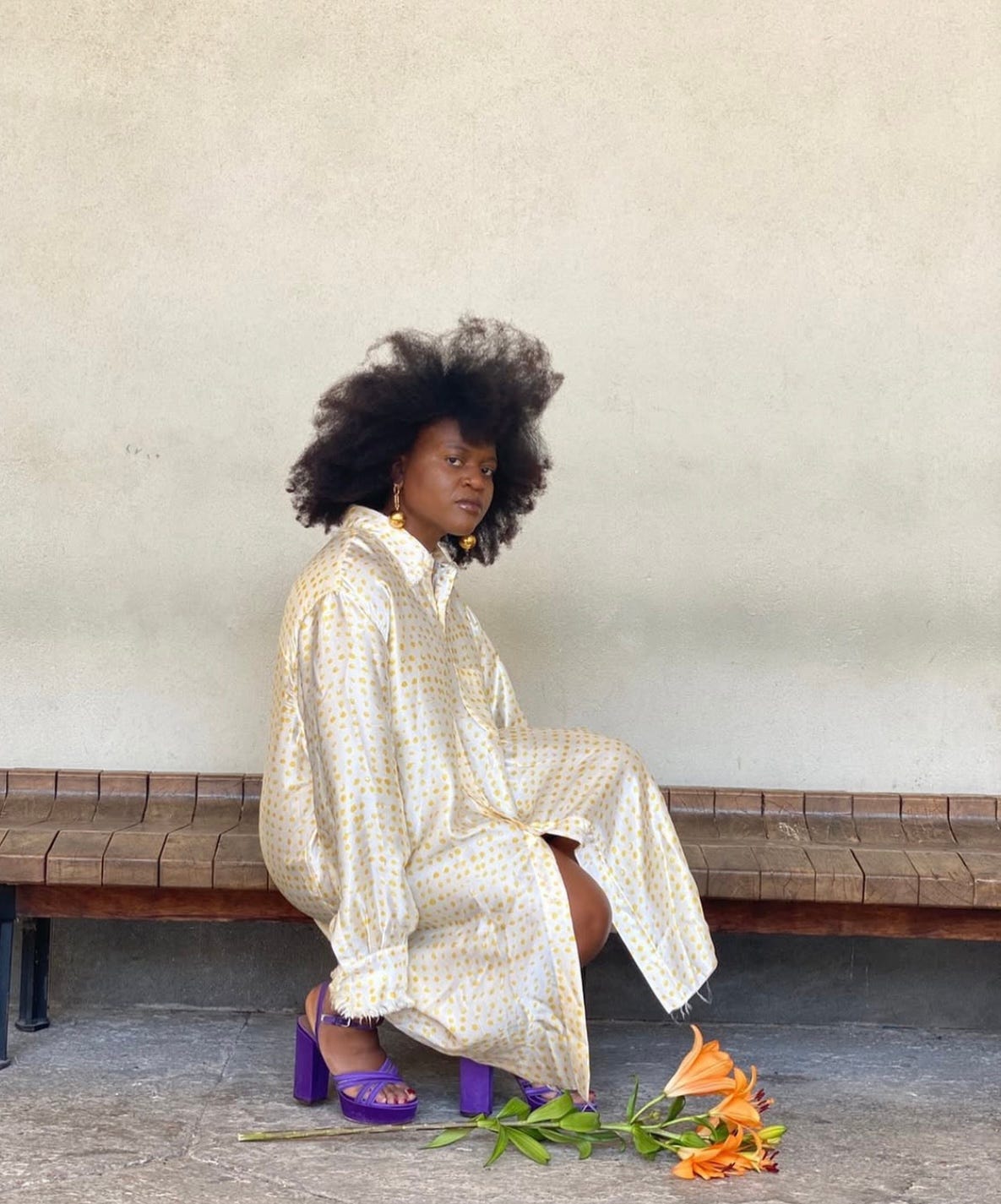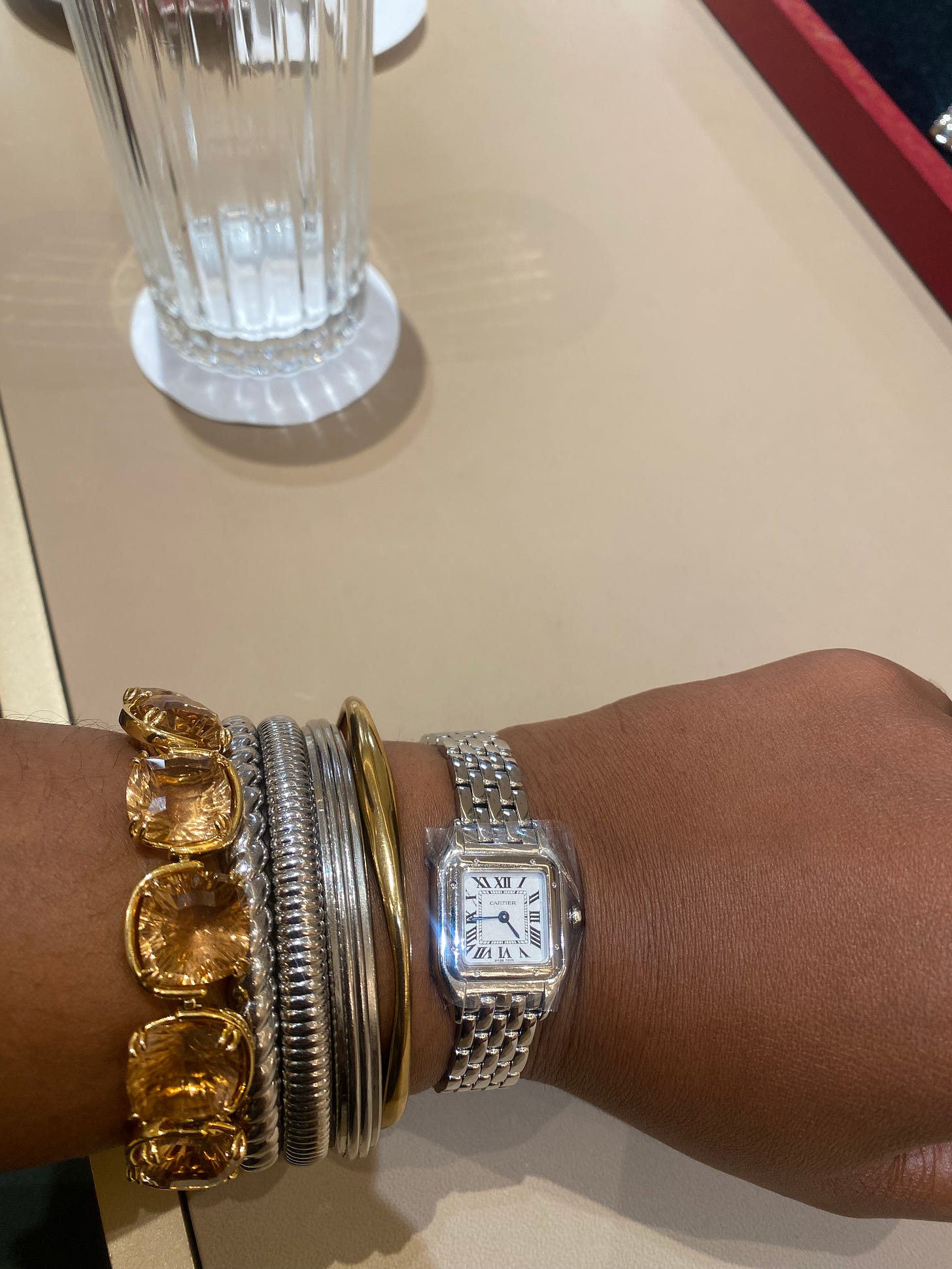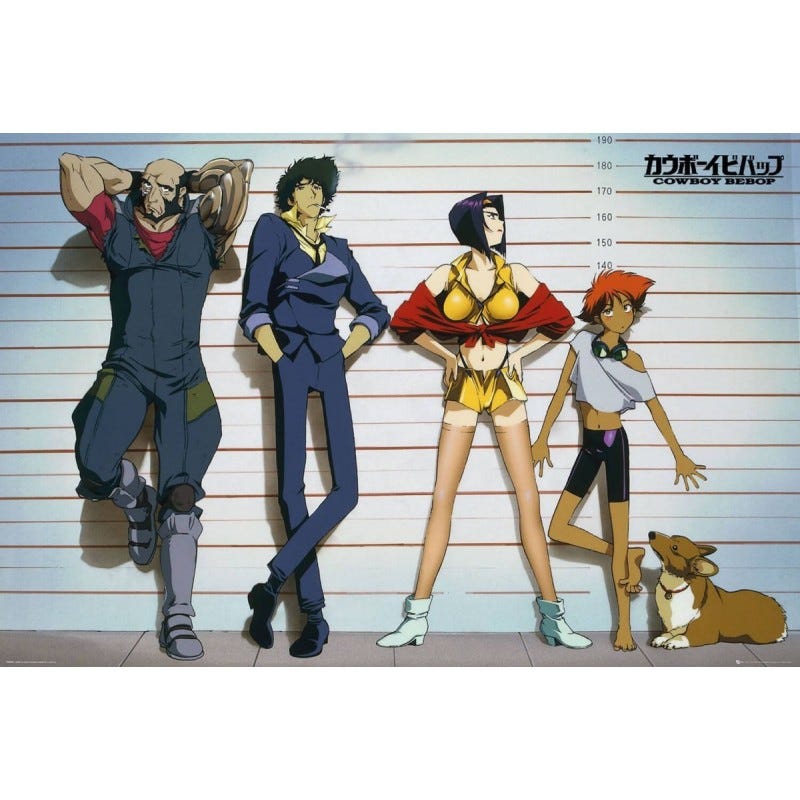The so called "modern medicine" has been developed by white western men for them. That is why we need Black and African start up, especially founded by women.
Focus on racism in healthcare
When I present my theory of Deconstruction vs. Decolonisation, I often emphasize how white Western men in power have not only perpetuated violence and upheld racist ideologies, but also erased the contributions of Black and African innovators from the medical and scientific narrative. This erasure has allowed an entire healthcare system to evolve in what is largely centered on the needs of white male bodies, often at the expense of everyone else.
Historically, the female body was viewed as a flawed version of the male body. In earlier medical literature, ovaries were literally considered to be "malformed testicles." Modern medicine has only recently begun to correct these biased foundations. For example, the inclusion of female animal testing in preclinical trials became more widespread only in the last decade. Until then, medical education and research were predominantly designed around a single body type.
One critical dimension of this bias is how medical research often treats Black and African communities as a monolith. In reality, there are many nuanced layers of identity: Black Italians, Black British, African Americans, Afro-Caribbeans, and many more. Each group has unique cultural, historical, and social dynamics that must be understood in context. Yet these distinctions are routinely ignored, and this generalization contributes to inadequate and inequitable healthcare outcomes. Human bodies are complex and so should be the systems designed to care for them. This is why we need more investment in community-specific and culturally competent research, care strategies, and medical education.
Medical Racism in Practice: Real Examples and Evidence
Pulse Oximeter Bias
Research published in the New England Journal of Medicine (2020) revealed that pulse oximeters, a common device used to measure blood oxygen levels, tend to overestimate oxygen saturation in patients with darker skin. This issue leads to underdiagnosis and delayed treatment for conditions such as hypoxemia. Johns Hopkins University addressed this issue in their "Public Health on Call" podcast, emphasizing the urgent need for inclusive technology design (NEJM, JHU Podcast).
Lack of Representation in Medical Imagery
In 2021, Nigerian medical student Chidiebere Ibe created a viral illustration of a Black fetus in utero, the first widely circulated image of its kind. This artwork sparked global conversations about representation in medical education. Studies have shown that only about 4.5% of images in general medical textbooks depict dark skin, making it more difficult for students and professionals to accurately diagnose conditions on Black and brown skin (HealthCity).
Maternal Mortality and Pain Dismissal
The United States has one of the highest maternal mortality rates among developed countries and Black women are disproportionately affected. They are nearly three times more likely to die from pregnancy-related causes than white women. Contributing factors include implicit bias, underestimation of Black women’s pain, and lack of culturally competent care. Reports from the CDC and studies from academic institutions consistently highlight these disparities (CDC).
eGFR and Kidney Transplant Access
Until recently, equations used to estimate glomerular filtration rate (eGFR) included a race-based correction factor that increased the estimated kidney function in Black patients. This overestimation often delayed access to kidney transplant lists. According to a 2022 study published in JAMA, only 17.5% of Black patients were listed preemptively for transplants compared to 39.4% of white patients. The race-based correction was formally removed in July 2022, following recommendations by the National Kidney Foundation and the American Society of Nephrology. Over 14,000 Black patients received retroactive adjustments to their waiting time as a result (“Confronting and Eliminating Inequities in the Organ Transplantation System”; Racial Disparities Persist in Preemptive Living Donor Kidney Transplantation; Why Black patients are less likely to get life-saving kidney transplants- Innate bias, residential segregation, and the high cost of donation are all barriers.).
The Path Forward: Ownership, Innovation, and Decolonisation
We are finally beginning to see more research, discourse, and policy change but it is not enough. We cannot rely solely on allies to grant us access to decision-making spaces. We must build our own tables.
This is why I am passionate about supporting Black- and African-owned health tech businesses and startups. These enterprises are uniquely positioned to understand and respond to the needs of underrepresented communities. They incorporate culturally relevant design, consider economic and geographic barriers, and speak the languages, literally and figuratively, of the people they serve.
A powerful example is Anda, a startup founded by Sergio Tati Nuhrmann, a Harvard graduate with a background at Goldman Sachs. Featured in Eshulon newsletter by Declan Eytan, Anda is transforming the informal motorcycle taxi industry in Luanda by implementing safety checks and offering SMS-based booking for users who lack consistent access to mobile data. This is a clear example of how identifying community-specific challenges can lead to scalable, impactful innovation.
This is why I’m actively scouting startups, especially in FemTech and African healthcare, especially founded by women, that aim to reimagine medicine through a decolonial and intersectional lens. These ventures are not just filling gaps; they’re building new systems, reclaiming power, and reshaping narratives. They are deconstructing harmful legacies, and constructing something better.
Let’s support them. Let’s build with them. Let’s not wait to be included, we already belong.
Outfit
A picture of my content creator era, when I was still naive on the world of fashion and I thought I could connect my health career with my passion. Now I am more an admire from afar and not invested as before. But definitely this picture and this outfit has been a big moment for me, wearing this Marni oversized shirt-dress that was also featured on Marni official Instagram page as part of their campaign “Marni on me”.
Wishlist
Can I be delusional? At least here? Thank you. This Silver Cartier Panthere watch has been on my Wishlist since last November when I had the courage to take myself in their shop at Heathrow airport. I did it again last weekend (why did I?) and I was about to do one of the craziest things in my life until I though about my expenses this month. But it will be mine soon✨
Good Reading
Fund the Last, Train the Next: How African Founders Build Ecosystems Without VCs.
In this newsletter, I want to share two insightful readings I’ve recently come across: one newsletter and one article.
The first is from Anna Mack’s Substack, Introducing the Career Web. Anna frequently explores how to move beyond being defined by a single skill, and instead embrace your full range of interests and talents to shape a more holistic and fulfilling career. She also offers practical tools and templates to help you apply this approach to your own path.
The second is an article titled Fund the Last, Train the Next: How African Founders Build Ecosystems Without VCs. It highlights inspiring, practical examples of how African entrepreneurs are creating economically self-sufficient ecosystems by relying on local resources and best practices , a model that offers valuable lessons for sustainable development.
Music
I have already mentioned one song from Clipse in few newsletters ago, but the new album is out and it is a needed listening, from the beginning to the end, without a break. Amazing work piece!
Anime
Cowboy Bebop is an OG anime, with one of the best soundtracks in the history of anime (in my opinion). It is a neo-noir sci-fi anime set in the year 2071, following a group of bounty hunters , called "cowboys" , who travel through space aboard their ship, the Bebop. The crew includes the laid-back but haunted Spike Spiegel, ex-cop Jet Black, femme fatale Faye Valentine, quirky hacker Ed, and a genius data dog named Ein. As they chase criminals for money, each character grapples with their past, especially Spike, whose former life with a crime syndicate resurfaces. The show blends action, jazz music, and deep emotional themes, exploring loneliness, identity, and existentialism.








